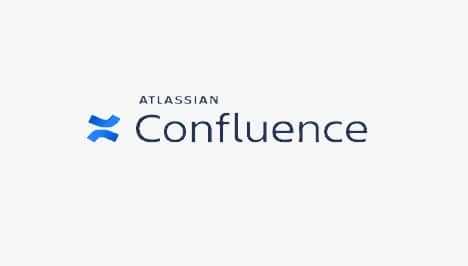Overview:
A Security Test Engineer (STE) in SAFe® is a specialized professional responsible for ensuring the security and integrity of software systems within the Agile framework. They work closely with Agile teams, stakeholders, and security experts to identify and mitigate potential security vulnerabilities and risks throughout the software development lifecycle. The STE performs security testing activities, such as vulnerability assessments, penetration testing, and code reviews, to identify weaknesses and recommend security controls and best practices. They contribute to the quality assurance process by ensuring the software meets the required security standards and compliance regulations. The STE is critical in safeguarding sensitive data and protecting the software against potential security threats.
| Security Test Engineer | Skills |
|---|---|
Primary Responsibilities:
Secondary Responsibilities:
|
Technical Skills :
|
Soft Skills:
|
|
Tool Skills:
|




